(By Sarhind Times Diplomatic Desk)
New Delhi / Washington, October 16, 2025 — In a sharp escalation of diplomatic rhetoric, U.S. President Donald Trump announced that Prime Minister Narendra Modi personally assured him that India “will not buy oil from Russia.” The statement, made during a press briefing at the White House, is yet to be confirmed by any Indian official.
Trump characterized Modi’s claimed commitment as a “major policy signal” aligning with Washington’s campaign to starve Russia of energy revenue. “So I was not happy that India was buying oil, and he assured me today that they will not be buying oil from Russia,” Trump told reporters. He added that India could not cease purchases “immediately … it’s a little bit of a process, but that process will be over soon.”
From New Delhi, however, silence. The Indian Embassy in Washington declined to comment, and ministries in New Delhi have yet to issue any confirming statement. Analysts caution that while Trump’s comments may be part of political signaling or negotiation pressure, actually disentangling India’s energy supply chain is complex and fraught with economic, strategic, and diplomatic consequences.
Context: India’s Energy Security and Russian Imports
Over the past few years, India’s crude oil imports from Russia have surged considerably. Under the shadow of Western sanctions, Russian crude has been offered to Indian refiners at deep discounts, making it an attractive source for meeting India’s energy needs.
India’s energy planners have long defended this strategy as a matter of national security and cost containment: sourcing from multiple suppliers, including Russia, helps cushion the economy from global price shocks. New Delhi has often emphasized that energy policy decisions must be made based on economics and reliability—not external dictates.
Nevertheless, the Trump administration has objected sharply. In August 2025, Trump imposed a 25 percent “reciprocal” tariff on Indian goods, followed by an additional 25 percent penalty—bringing total duties on many Indian exports to 50 percent—citing India’s continued purchases of Russian oil.
Indian sources, speaking anonymously to Reuters, have asserted that longstanding contracts and logistical constraints mean that India cannot simply turn off Russian imports at the flip of a switch.
Geopolitical Stakes: U.S. Leverage, India’s Options
Trump’s claim, whether fully accurate or exaggerated, plays into a larger U.S. narrative: pressuring countries to cut ties with Moscow to isolate Russia economically. If India publicly commits to a halt, it would be one of the most significant foreign policy concessions to the U.S. in recent years.
Yet, for India, the calculus is more nuanced:
- Economic impact: Phasing out Russian crude could raise India’s import costs, squeeze refinery margins, and add inflationary pressure in a global environment already sensitive to oil price fluctuations.
- Strategic autonomy: New Delhi has traditionally resisted external pressure on decisions deemed core to its sovereignty. Any public shift would need to navigate domestic political optics and strategic calculations vis-à-vis Russia.
- Energy partnerships: India could deepen ties with Gulf states, the U.S., or other oil producers to partially offset the cut in Russian supply. But questions remain about scale, price, and reliability.
- Diplomatic balance: India maintains a long-standing strategic relationship with Russia—across defense, nuclear energy, and geopolitical alignments. Any public pivot away from Moscow would require delicate diplomacy.
Analysts point out that Trump’s statement could be intended less as a factual report and more as a lever in trade negotiations. The U.S. has already made trade diplomacy central to its energy and geopolitical strategy in Asia.
What to Watch: Signals and Reactions
- Official response: The Ministry of External Affairs and Ministry of Petroleum will be under pressure to clarify whether any such commitment exists, and whether it is binding or aspirational.
- Market response: Oil markets, domestic fuel pricing, and refinery margins will be sensitive to any confirmed shift in India’s procurement strategy.
- U.S.–India negotiations: The timing of this claim suggests it could play into trade talks now restarting between India and the U.S.
- Russia’s reaction: Moscow would closely monitor as losing one of its major customers would weaken its energy revenues—already under strain from Western sanctions.
- China factor: Trump also hinted that after India, he would press China to stop buying Russian oil. Whether Beijing responds is uncertain, given China’s current energy and geopolitical posture.
Assessment: Is Trump’s Claim Credible?
Given the prevailing dynamics, several possibilities emerge:
- Full or partial truth: Modi may have signaled intent to phase down Russian imports over time, leaving room for flexibility.
- Diplomatic rhetoric: The statement could be a negotiating posture—putting pressure on New Delhi while giving room for backtracking.
- Future-oriented promise: Even if Modi made a commitment, the timeline and binding nature of it would determine its credibility.
India’s long-term contracts, infrastructure constraints, and geopolitical equities make a rapid disentanglement from Russian energy unlikely. That said, a gradual recalibration—over months or years—remains feasible under diplomatic pressure.
Implications & Possible Scenarios
- Scenario A – Gradual phase-out: India might begin reducing Russian crude procurement incrementally, while diversifying imports from the Gulf, U.S., and other sources.
- Scenario B – Conditional commitment: New Delhi could commit publicly to halt purchases after existing contracts lapse, signaling alignment with U.S. pressure while retaining flexibility.
- Scenario C – Reversal or denial: If domestic or strategic backlash is strong, India may issue a disavowal or insist the Trump claim was exaggerated.
Whatever path unfolds, the episode marks a new high-stakes flashpoint in U.S.–India relations, with energy becoming a key battleground in trade and diplomacy.
Conclusion
Donald Trump’s bold assertion has forced India into a spotlight where energy policy, strategic autonomy, and diplomatic signaling intersect. Whether Modi indeed assured the U.S. is yet to be confirmed—a silence that underscores both the sensitivity and complexity of the issue. As markets, capitals, and power centers parse the claim, every statement from New Delhi or Washington in the coming days will carry outsized significance.
#IndiaUS #EnergySecurity #RussianOil #Modi #Trump #OilMarkets #IndoUSRelations #StrategicAutonomy #Geopolitics











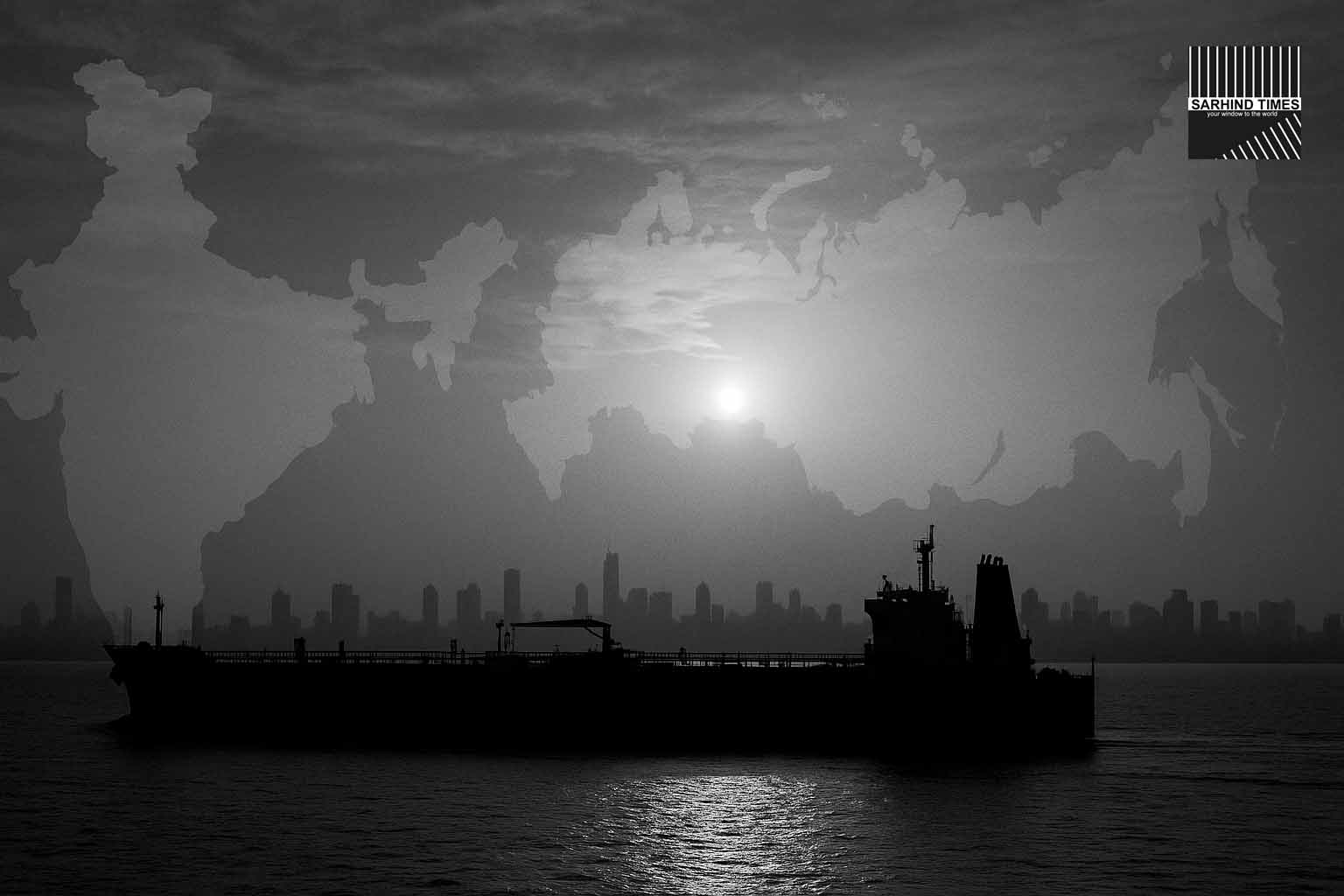
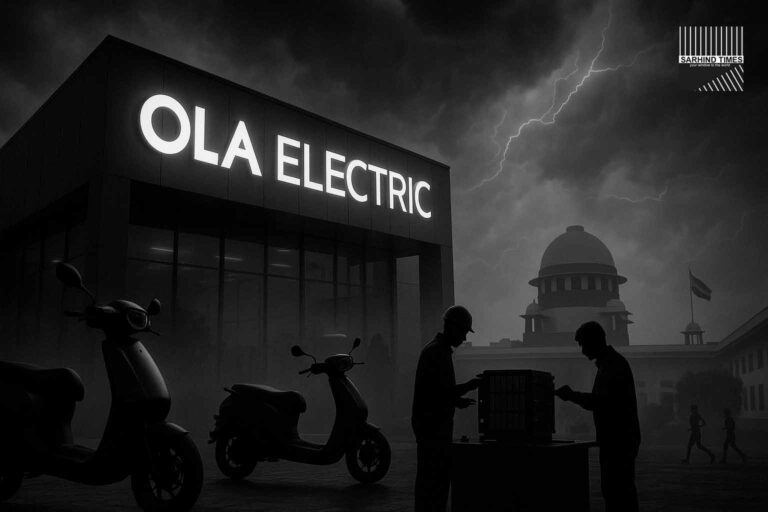
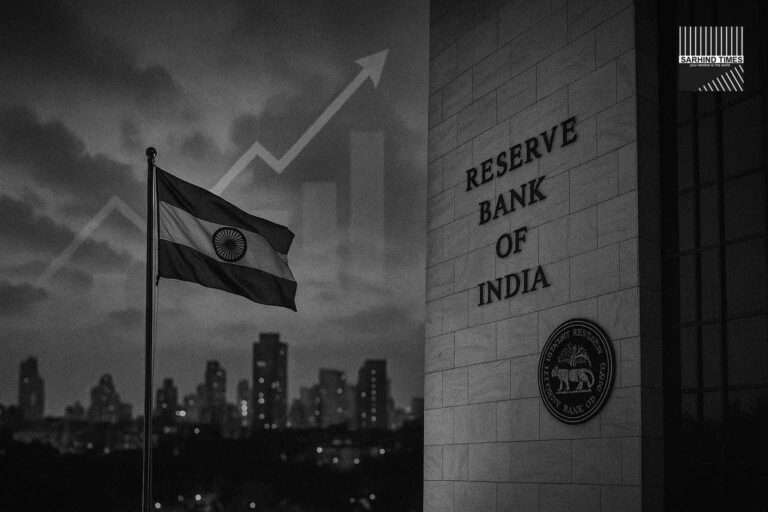
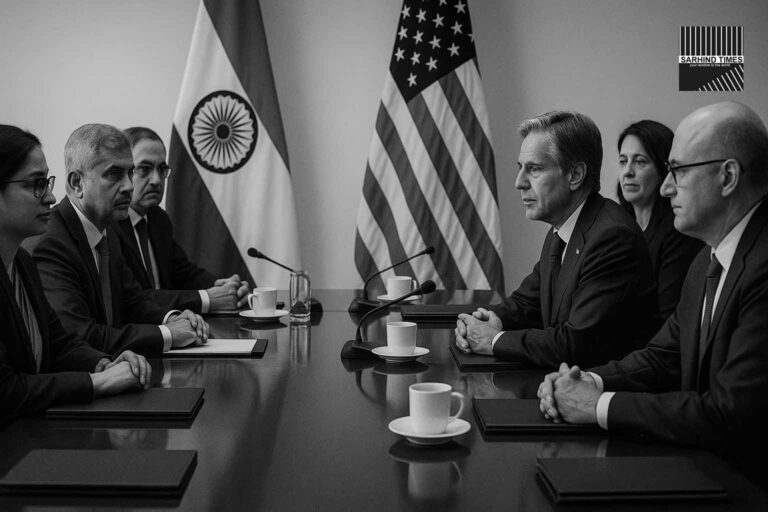






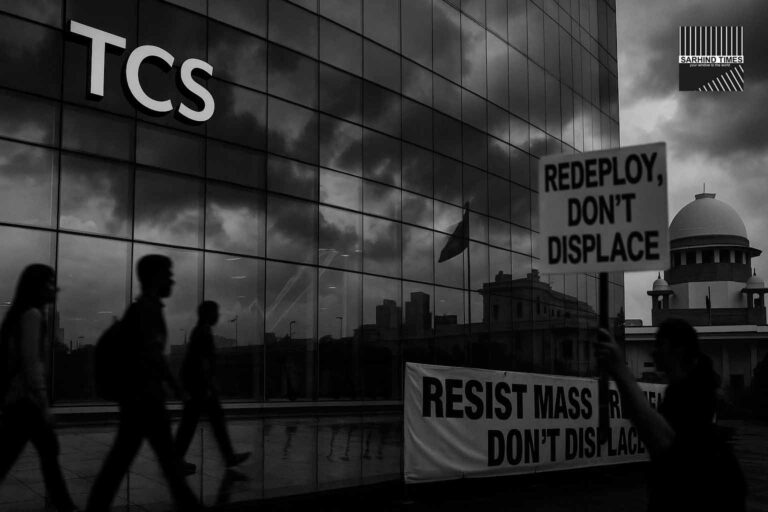

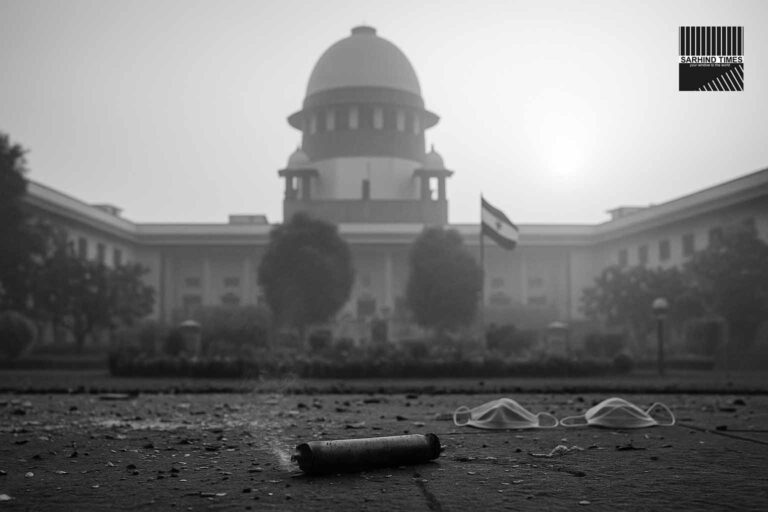
+ There are no comments
Add yours